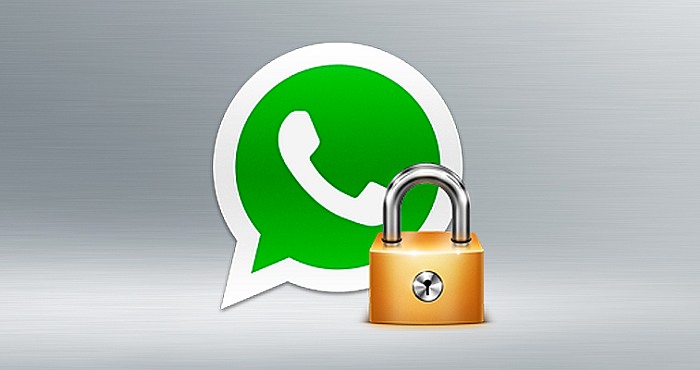WhatsApp, the popular messaging app that is owned and ran by Facebook, has been shut down in China as part of a government censorship of the internet. Chinese WhatsApp users noticed a partial block in the apps services. Most users were unable to send photos and videos, and others were even unable to send basic text messages using the app.
The blocking of WhatsApp marks the latest incident of Facebook’s products being blocked in China by the government’s “Great Fire Wall” (the government’s control over the internet).
WhatsApp, according to its creators, was caught in the crossfire of China’s tightening control over the internet by Chinese leaders in Beijing. Along with WhatsApp, this extreme crackdown has targeted news sources and politics, and fellow social media app, Instagram.
Websites that host foreign Tv shows and movies have also been targeted. Videos were taken offline and the tools with which users used to watch these productions (VPN blockers) have been disrupted.
But what makes the blocking of WhatsApp news worthy?
The fact that the blockage severely limits China’s citizens when it comes to communication to both users inside of the country and users in other countries. For Chinese citizens with family in other countries, if WhatsApp was used as a primary method of communication, things are bound to be especially difficult.
Although the news of WhatsApp being disabled is devastating for Chinese users, such an event is hardly new. In past years, the government of China has blocked 172 of the most visited websites including YouTube, Facebook, Twitter, and Google.
WhatsApp, although popular around the world, was already used to censorship before China’s decision to block it. The app had already been subject to a 72-hour block in Brazil. This occurred after Facebook refused to hand over sensitive data that had been requested by Brazilian law enforcement.
It’s unlikely that Chinese citizens will regain use of the app, as the other blocked websites and apps that have been shut down by the government have remained that way since they were initially shut down. It’s hard to say what other seemingly harmless websites will be shut down, but surely there will be more as the Chinese government continues its path to ultimate control over the country’s internet connection.
What do you think is next to be shut down or banned?

